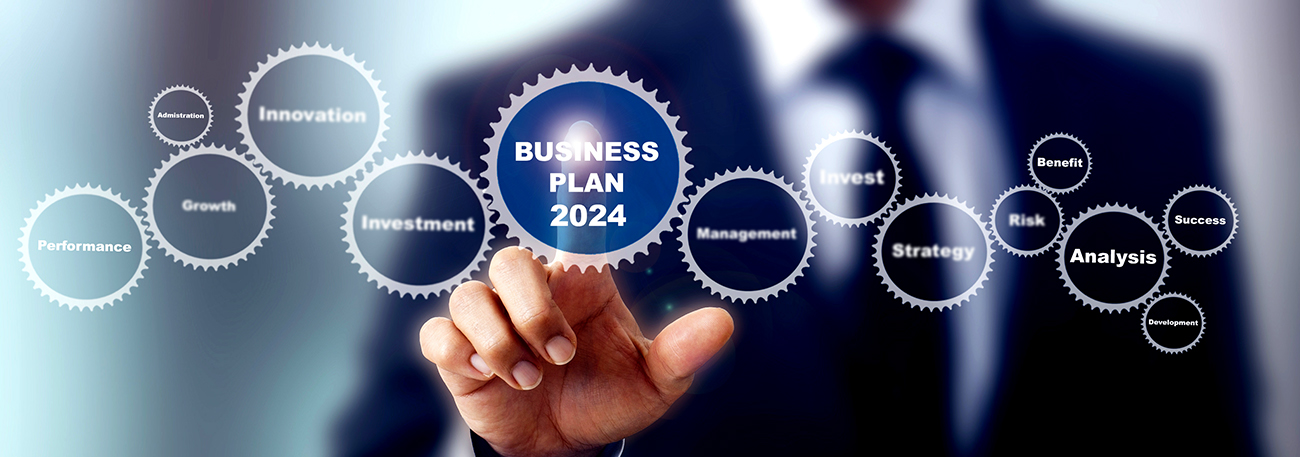In today’s globalised world, supply chains can often be oversized, unwieldy, and difficult to manage.
This has led manufacturers to encounter all manner of issues related to sustainable practices—as well as issues related to businesses meeting their environmental and ethical responsibilities. However, many companies have managed to strike the right balance when it comes to meeting their long-term supply chain requirements, as well as continuing to be efficient. In this article, we’ll investigate ways to balance environmental responsibilities with focusing on your long-term business growth.
Sustainability used to be a buzzword; now it’s everything in the modern-day business world. Not only are more major businesses than ever recognising the need to be responsible in terms of integrating sustainable practices, they’re also discovering the benefits that sustainability offers for their long-term growth prospects.
Despite what many businesses have been told, it is very possible to implement sustainable practices and continue to grow at the same time. In fact, when businesses fully commit to sustainability, they often become leaner, more efficient, and more equipped to look at the broader picture of how their supply chains are operating.
What do we mean when we use the term “sustainable supply chain”?
Let’s start with a workable definition before we get into an overview of how to improve supply chain sustainability.
The term "sustainable supply chain" means the idea of adopting practices that, in a general sense, minimise environmental impact, promote ethical labour standards, and contribute positively to society.
Achieving sustainability in the supply chain is not just about a business’ moral, environmental, ethical or social imperatives - it’s also a strategic outlook for businesses to secure their long-term success in a constantly evolving world.
What Are The Modern Day Challenges in Supply Chain Sustainability?
The modern-day global economy is many things: it is globalised and interconnected, while also being precarious, overly competitive, and rapidly changing. This means that the journey towards a sustainable supply chain is fraught with numerous challenges, not least of which is the fact that it’s hard to know what is happening at every link within the chain itself.
Many manufacturing companies have faced setbacks in their efforts to enforce sustainability standards right across their supply networks. For example, a company might set expectations for their first-tier suppliers to adhere to certain standards, based on the company’s ethical policies. Despite this, the complexities of the average modern supply chain - combined with multiple tiers of suppliers spread across different regions, countries, and/or jurisdictions - mean it’s often difficult to ensure that sustainability practices occur at every stage. This is all before mentioning that instances of non-compliance and ethical violations can still occur within the first tier, which manufacturers themselves might not be fully aware of.
It is an all-too-common story that businesses will adopt supply chain and sustainability concepts in theory, but struggle to apply these concepts in practice.
Here are some strategies for businesses which want to be serious about improving their supply chain sustainability:
Strategies for Improving Supply Chain Sustainability
Establish Long-Term Sustainability Goals
Companies should consider the importance of aligning their goals with broader ideas about supply chain environmental impact targets, as well as social impact targets.
Starting with this strategy goes a long way towards answering two vital questions: 1) “What is my business actually trying to do when it comes to a sustainable supply chain?” 2) “What are we trying to make better - for ourselves, for our customers, and for society in general?”
The answer to these questions should, ideally, arrive at some variation of the following: That integrating sustainability into the supply chain will drive innovation, enhance brand reputation, deal with any environmental/social concerns, and create long-term value.
As a basic but useful example: by setting targets for reducing greenhouse gas emissions, promoting circular economy practices, and ensuring fair labour standards, organisations can stay competitive and resilient in a rapidly evolving global market.
Meaningfully Engage With First-Tier Suppliers
Communication is always key.
Therefore, collaboration with first-tier suppliers is crucial for setting a precedent and fostering a culture of sustainability within the supply chain. Companies should be prepared to work closely with their key partners, to conduct regular audits, provide training on sustainability best practices, and establish clear channels for addressing compliance issues.
By building strong relationships based on trust and transparency, companies can drive meaningful change and encourage suppliers to embrace sustainable practices as a shared priority.
Include Lower-Tier Suppliers in Sustainability Initiatives
Companies should make every effort to take sustainability efforts beyond the first tier to encompass suppliers at every tier of the supply chain. Smaller vendors, suppliers, or manufacturers often face resource constraints, sustainability issues related to their specific regions, or limited capacity to implement sustainability measures.
By offering support, companies can empower lower-tier suppliers to enhance their sustainability performance.
Implement Supplier Training and Incentives
Companies can collaborate with industry experts, academics, NGOs, and even governmental institutions to develop customised training on topics such as energy efficiency, waste reduction, and ethical sourcing. This is a crucial part of disseminating information about the real-life importance of sustainability.
Similarly, incentive schemes - such as preferential opportunities for suppliers with strong sustainability credentials - can also motivate relevant groups on the supply chain to adopt responsible practices.
Collaborate with Industry Peers
Due to the competitive nature of business, companies sometimes make the mistake of thinking they have to go it alone when it comes to change, but this doesn’t have to be the case.
Collective action within industries, or collaborative business initiatives, can be part of a broader push for sustainability across supply chains. By engaging with peers, competitors, and other stakeholders, companies can leverage collective expertise, resources, and influence to address challenges. This enables companies - and wider industries in general - to share their best practices, develop industry-wide standards, and drive systemic change.
Supply Chain Sustainability Allows Businesses to See The Woods Through The Trees
When you’re focused on the day-to-day operations of your business, it can be difficult to see the woods through the trees. You spend so much time making sure that every link in your supply chain is intact, it’s often hard to think about whether or not the full chain is in the sustainable shape that it should be.
However, companies which promote healthy supply chain sustainability are normally the ones that secure better efficiency, long-term growth, and stronger brand awareness for themselves. Supply chain sustainability isn’t just about paying lip service to an ethical idea - it’s also about genuine business strategy.
In our management consulting business, supply chain sustainability also means that the processes and practices don’t fall apart when we, as consultants, leave our clients. Practices are embedded in the processes to constantly seek improvements and not accept the status quo.
This has happened because, in the past, we just “hammered” the new practices down the client’s throats, and they worked while we were there, following up and ensuring people did what we wanted them to do. The result was that when we left, everything went back to the way things were before, and thus, the performance dropped as well.
Our approach to clients has evolved significantly. It's now more about coaching and training, equipping them with the skills to sustain the practices we introduce even after we're gone.
At TBM Consulting Group, businesses are offered the resources which will allow them to focus on their long-term strategies and truly implement sustainable supply chains.





